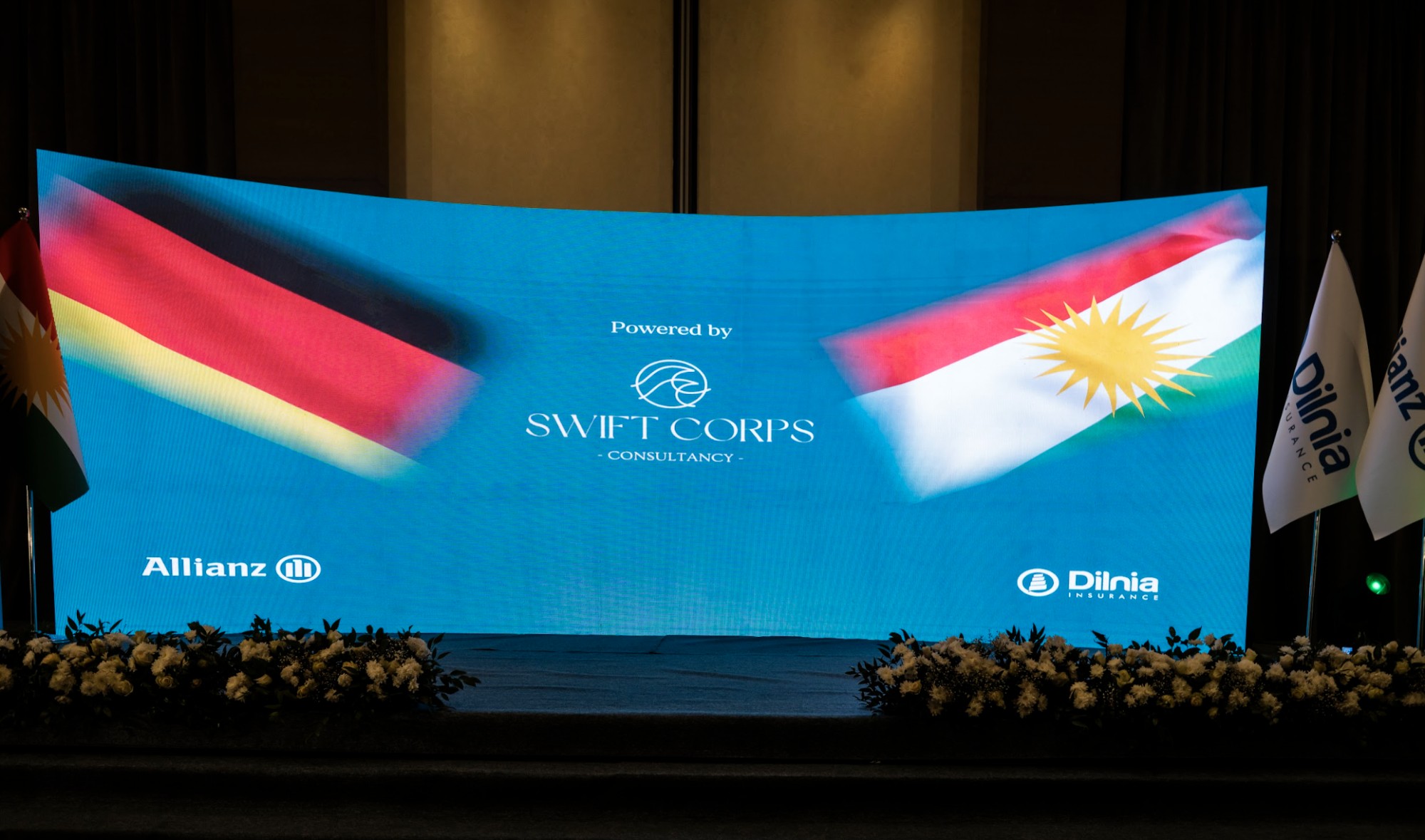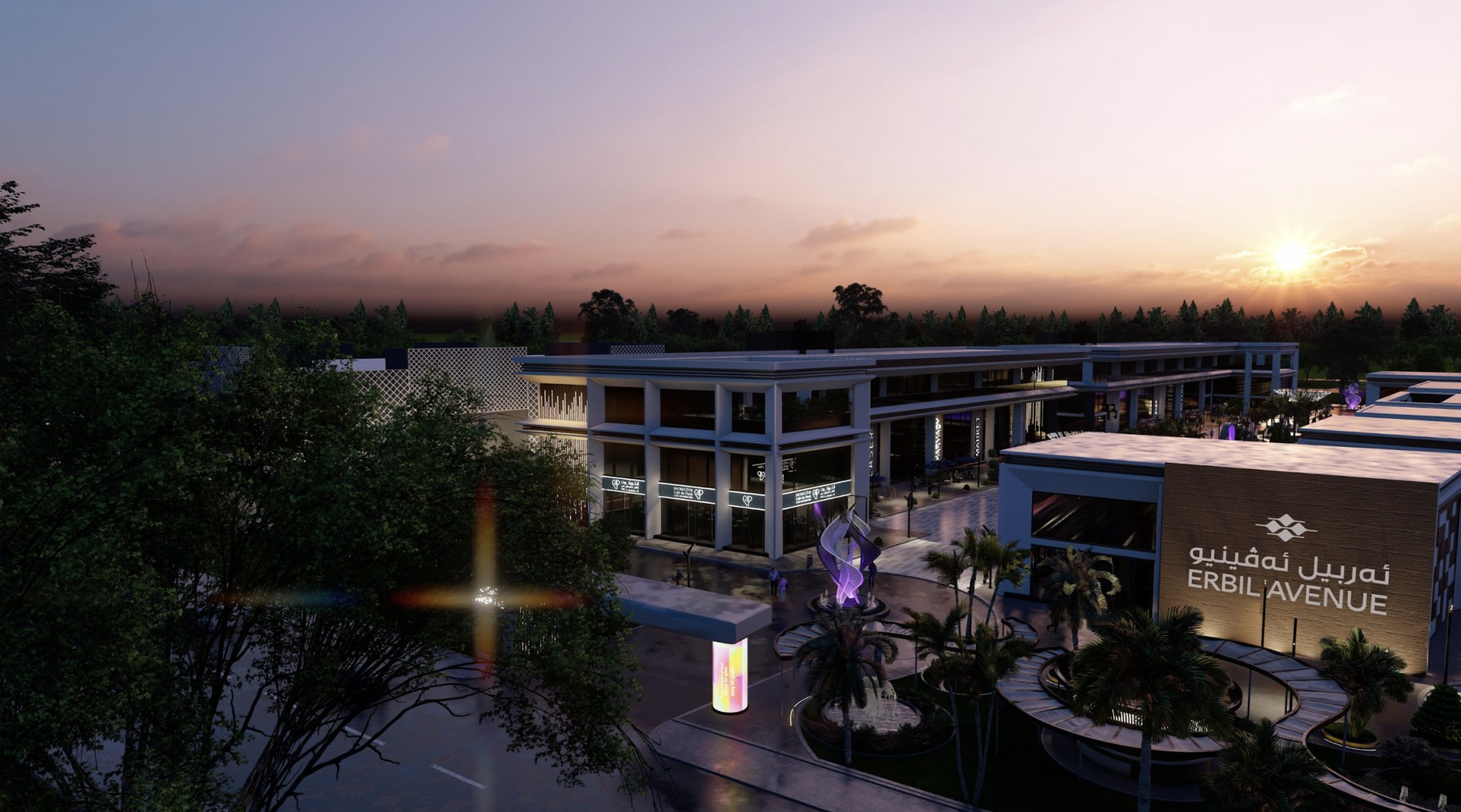The demands of reforming the healthcare system in our region reflects the needs for development, progress, and stability. To be sure, crucial advancements in the healthcare system are being made, allowing for a better understanding of the methods of reform and the best way of moving forward.
However, grave challenges persist in developing a system that delivers efficient, accessible, and patient-centered healthcare, and reforming the sector is both an urgent necessity and an opportunity to create a model of excellence. At the same time, wholescale reform may create issues and obstacles, especially if the public lacks understanding about the process. Therefore, the author suggests that it start with a pilot project in Zakho – a city of strategic importance, rich culture, and ancient history that offers an ideal setting to test out health initiatives that could transform lives.
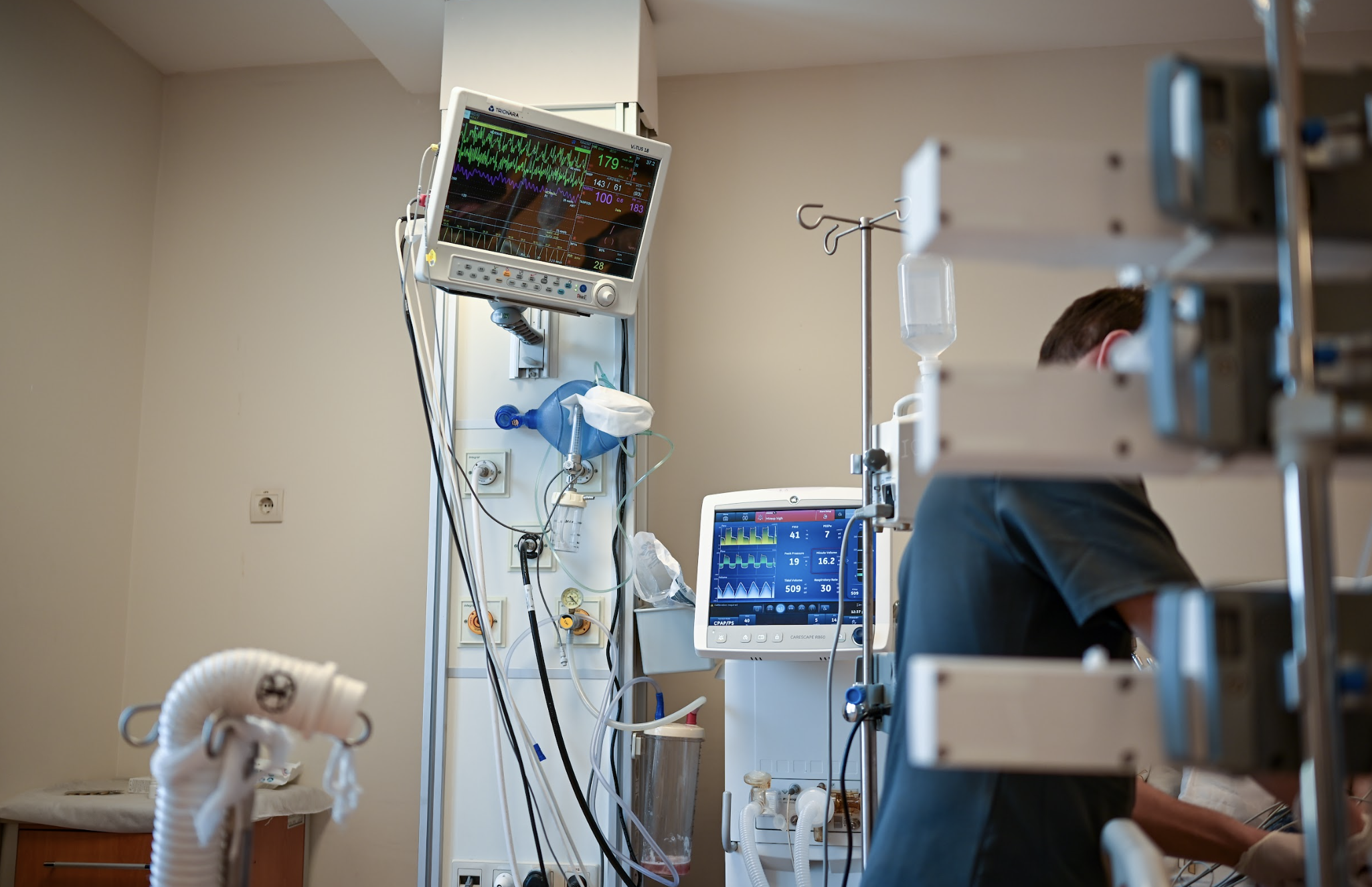
The need for healthcare reform
Wars and political instability in Iraq have weakened healthcare delivery in the Kurdistan Region. While some modern equipment and infrastructure are available, the system suffers from insufficient oversight to regulate services. This lack of regulation leads to fragmented services, resource constraints, and over-reliance on private sector referrals. These challenges place substantial financial and emotional strain on healthcare workers, the healthcare system, and patients and their families.
One of the main objectives of the reform is to transition from a reactive, illness-focused approach to a preventive, wellness-centered one, which prioritizes prevention, strengthens primary care, and integrates services to ensure equitable access for all.
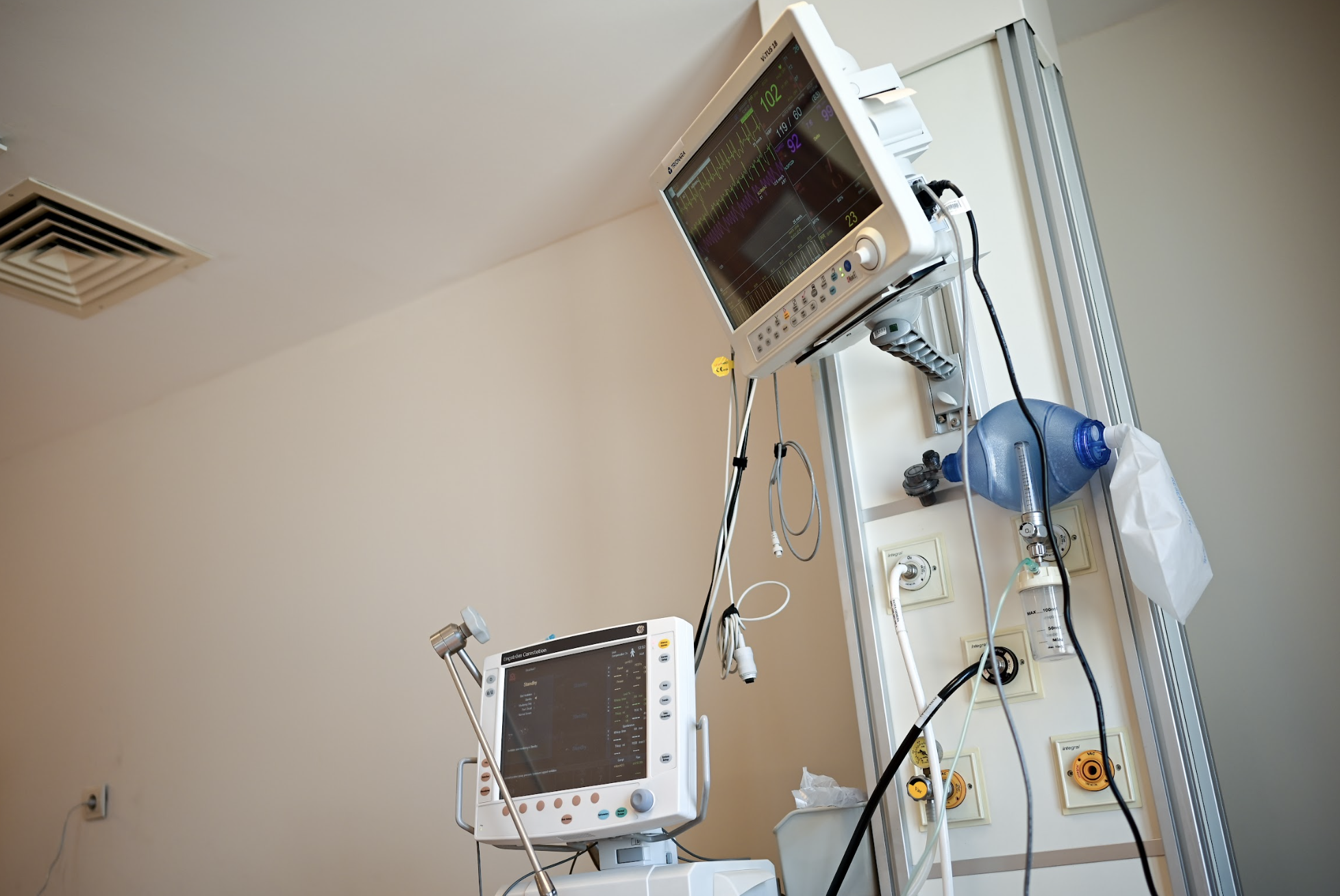
Why Zakho?
Zakho has three unique characteristics that makes it an ideal candidate for a pilot program. First, its strategic location bordering Turkiye and Syria gives the city the potential to be a regional healthcare hub that can attract patients from neighboring countries. Second, the community in Zakho is eager to support reform in the healthcare system. Third, the city leadership, represented by the Zakho Independent Administration, has already demonstrated a commitment to healthcare development and is planning to initiate state-of-the-art projects to reduce the city’s dependency on external services.
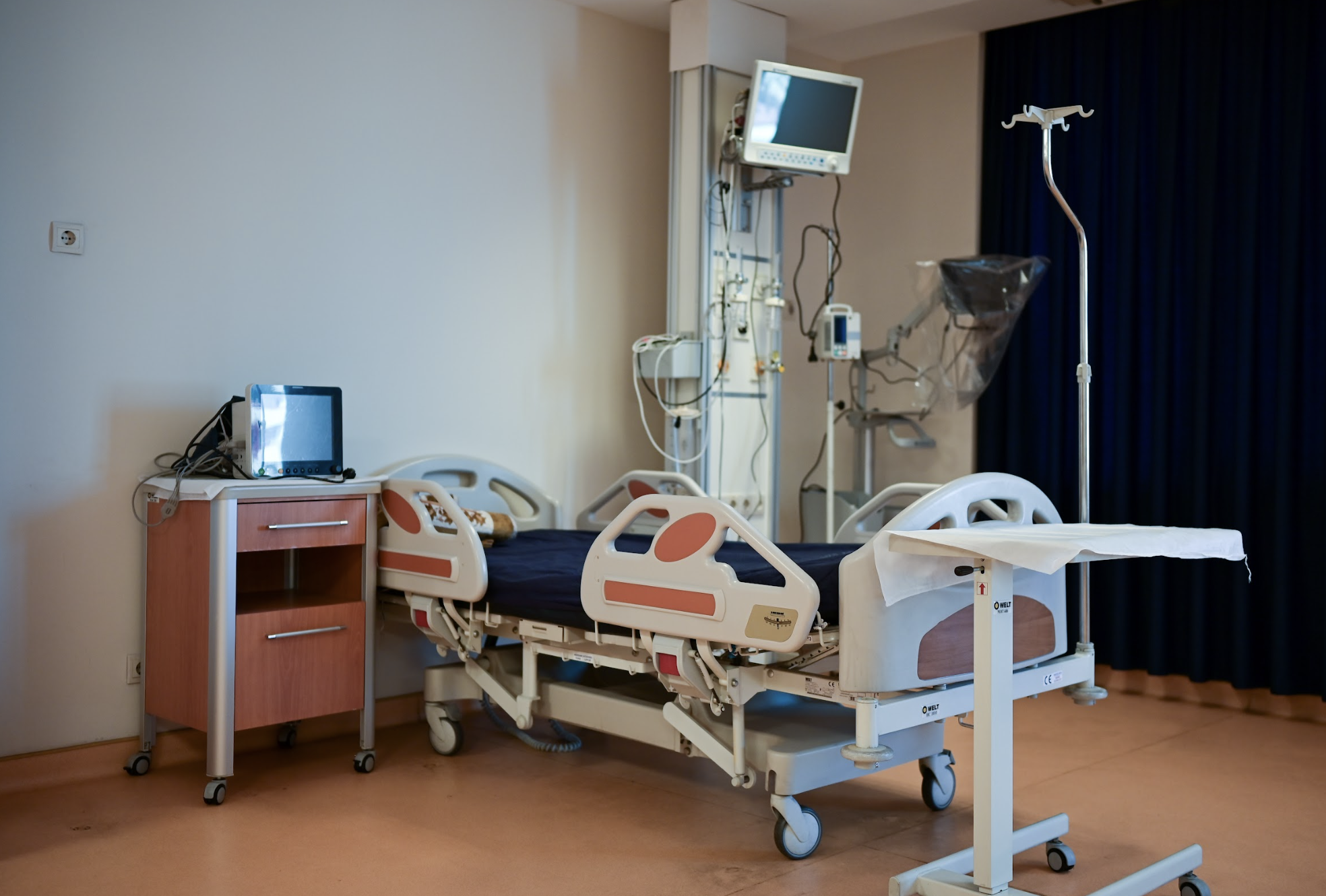
Proposed reforms
Enhancing primary healthcare services: Primary healthcare is the foundation of a strong and effective healthcare system. Reform efforts could focus on expanding the network of primary healthcare, integrating digital health tools for patient records, and promoting ongoing community health education and preventive care training for healthcare professionals.Building specialized medical facilities: The establishment of centers of excellence for specialties such as cardiology or oncology would be the cornerstone of such a plan. Such centers can reduce the need for external referrals and attract patients from outside Zakho.
Workforce development: A skilled and motivated healthcare workforce is crucial to the success of the reform plan. This can be fostered through partnerships with institutions like the University of Zakho’s College of Medicine to train future healthcare professionals.
Public-private partnerships: The success of the reform plan relies on cooperation between the public and private sectors. To achieve this, a collaborative framework is proposed, enabling both sectors to work together to deliver healthcare services more effectively and efficiently.
Leveraging technology: To enhance accessibility and efficiency, Zakho can take the lead in implementing digital health technologies including telemedicine, electronic health records, and mobile health applications.

Anticipated impact
Launching such reform plans in the city of Zakho is expected to deliver measurable improvements in healthcare quality, accessibility to services, economic growth, medical tourism patients, and local job opportunities.
The Kurdistan Region as a whole can utilize the city’s pilot program as a replicable model to guide more extensive reform initiatives, guaranteeing fair healthcare advancements in both urban and rural regions and offering a model for long-lasting reform by tackling systemic as well as local issues.
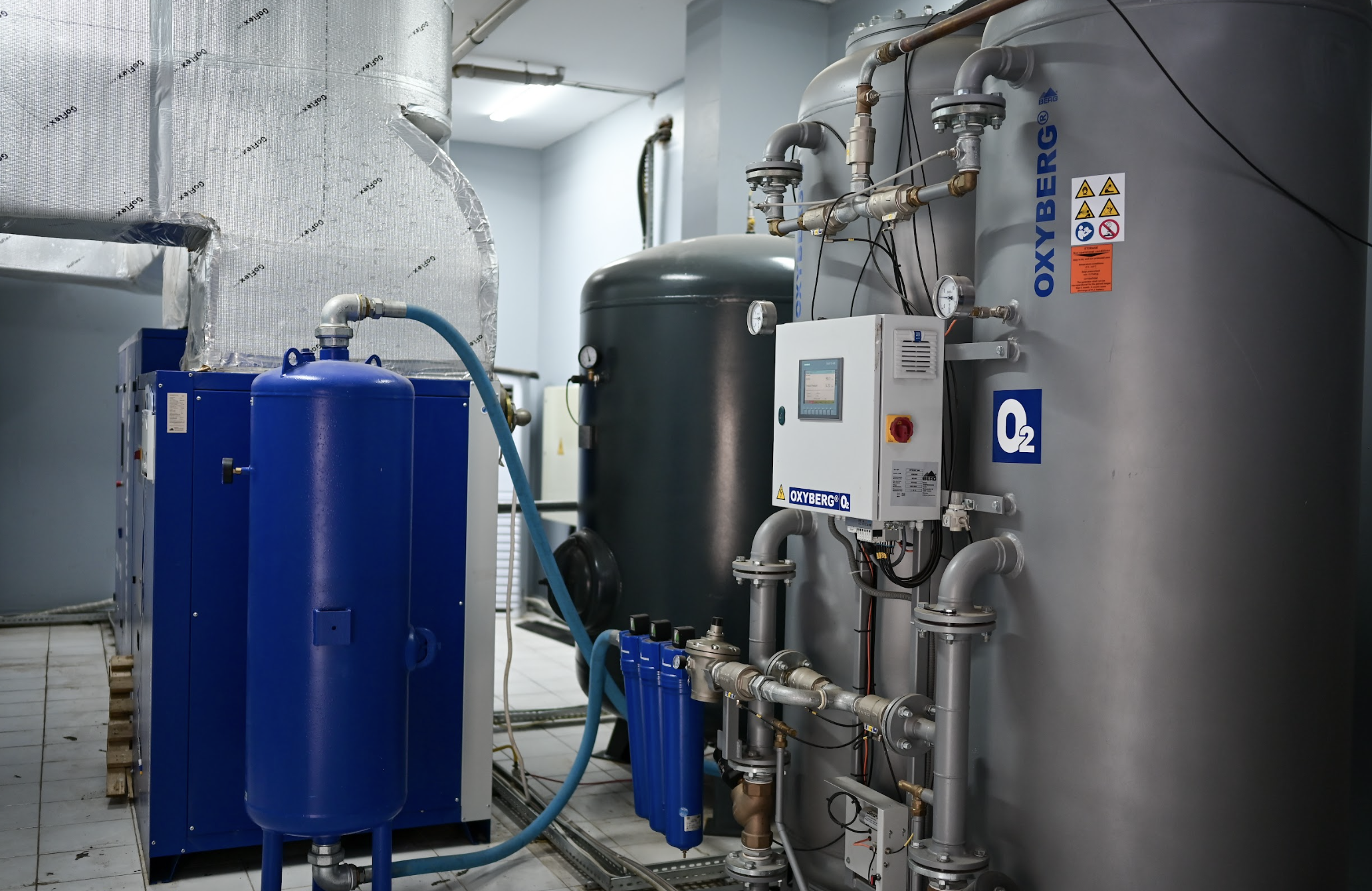
The role of stakeholders
Transparent governance, adequate funding, and a clear roadmap will be critical to the pilot’s success, but achieving meaningful reform requires collaboration among the following stakeholders:
Government bodies: Provide funding and governance. Healthcare providers: Deliver high-quality, patient-centered care. Academic institutions: Train the next generation of professionals. International partners: Offer technical expertise and financial support.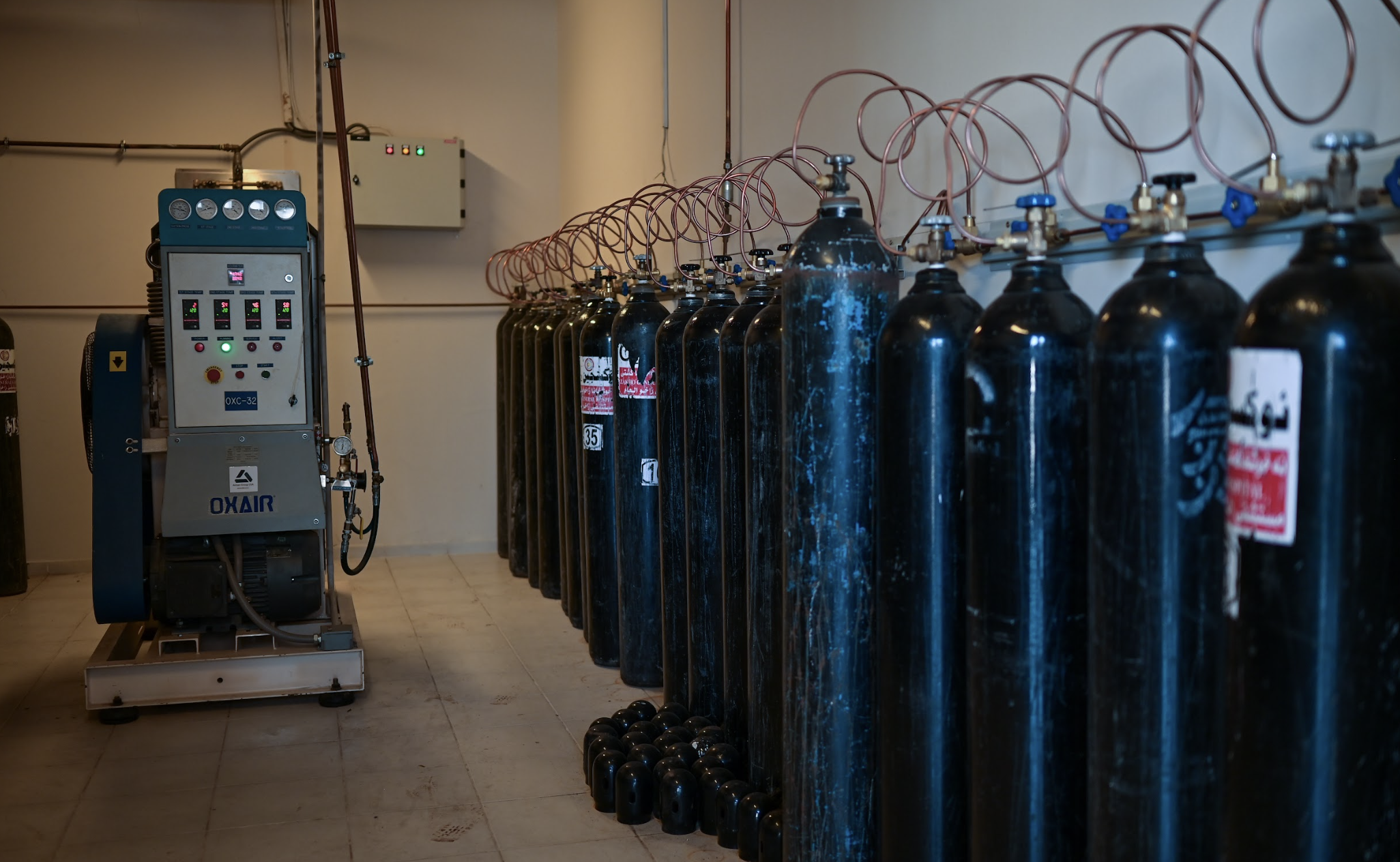
A vision for the future
The healthcare system in the Kurdistan Region has the opportunity to set an example for the rest of Iraq in terms of quality. Zakho has demonstrated its dedication to creativity, equality, and resilience by launching reform initiatives in other areas. The reform project gives optimism to the residents of Zakho as well as the Kurdistan Region, demonstrating the transformative power of strategic planning and focused investments.
Zakho can establish a benchmark for the Kurdistan Region and beyond with teamwork and perseverance. We can work together to establish a system that guarantees each person has access to the care they require and are entitled to.
Dr. Nawfal R. Hussein is the Dean of the College of Medicine at Zakho University, a Professor of Infectious Diseases, and the first infectious disease consultant in the Kurdistan Region
